‘It’s not a good recipe’: Local businesses bracing for steel, aluminum tariffs
| Published: 02-27-2025 10:17 AM |
Experts predict the steel and aluminum tariffs set to go into effect March 12 will have a negative trickle-down effect, and local businesses are bracing for the impact the Trump administration’s move could have on their bottom line.
President Donald Trump has ordered a 25% import tax on all steel and aluminum entering the United States, ending previous exemptions for allies like Canada and the European Union. But increased tariffs on these materials are expected to jack up the price of products — such as aluminum cans and automotive parts — made with them.
Drew Phillips, owner of Four Phantoms Brewing Co. in Greenfield, said suppliers have preemptively doubled their prices for aluminum cans, which in the industry are known as brites. The top pieces consisting of the tab are called ends.
“We’re talking about a massive hit on the suppliers themselves,” he said this week. “And that cost gets passed on to us, essentially, because we have no negotiating power.”
He said microbreweries like his do not have the influence or clout of industry giants like Anheuser-Busch.
Phillips also said tariffs against Canada, which Trump recently said “will go forward,” would also deliver a blow to his business because a great deal of barley, wheat and other beer ingredients come from that country.
While the tariffs are being framed by the Trump administration as a cost to foreign countries, the companies that are importing goods from abroad pay the tariffs to their own nation. U.S. Customs and Border Protection then collects tariffs from importers and deposits the money into the General Fund of the United States Treasury.
“The funny thing is when Mr. Trump first came around, he put tariffs on and the price of cans soared in his first term, and now if he puts another 25% on top of it, I don’t know what’s going to happen,” said Gary Bogoff, owner of Berkshire Brewing Co., which he founded in South Deerfield in 1994. “It will certainly raise the price of ... raw materials a few cents per can.”
Article continues after...
Yesterday's Most Read Articles
 Two arrested on drug trafficking charges in Greenfield
Two arrested on drug trafficking charges in Greenfield
 Four Red Fire Farm workers arrested as part of ICE operation in Springfield
Four Red Fire Farm workers arrested as part of ICE operation in Springfield
 Berkshire DA says no crime occurred in student-officer relationship at Mohawk Trail
Berkshire DA says no crime occurred in student-officer relationship at Mohawk Trail
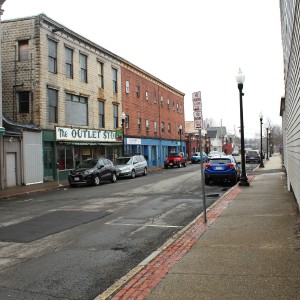 Greenfield seeks renewal of Slum and Blight designation to bring in funds for infrastructure
Greenfield seeks renewal of Slum and Blight designation to bring in funds for infrastructure
 Franklin County Technical School seniors get to try underwater welding
Franklin County Technical School seniors get to try underwater welding
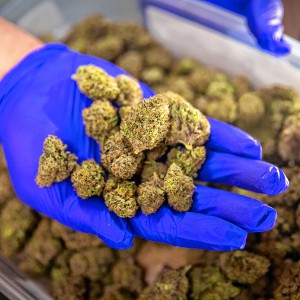 The ills of a billion-dollar enterprise: The slow-death of the cannabis industry, and what might be done to reverse the trend
The ills of a billion-dollar enterprise: The slow-death of the cannabis industry, and what might be done to reverse the trend
He said he gets 16-ounce cans in pallets of 6,224 and 12-ounce cans in pallets of 8,169.
“So you start putting pennies to those numbers,” Bogoff said. “Right now, we’re spending about 10 cents a can for a 12- and 16-ounce.”
He said price and tax increases tend to get passed on to consumers, even in a competitive market.
“We are holding our own,” he said of Berkshire Brewing Co. “The economy is not as good as it should be and we believe that beer should be an affordable luxury and that it shouldn’t break the bank to buy a six-pack.”
Dan Kramer, who started Element Brewing Co. in Millers Falls with Ben Anhalt in 2009, said business has not climbed back to “pre-COVID levels” and these impending tariffs will not help matters.
“The majority of our distributed beer is in aluminum cans, and a lot of aluminum comes in through Canada,” he said this week. “You commonly hear that business owners like stability, and uncertainty is bad — and we have a lot of uncertainty and instability right now. It’s not a comfortable environment to be running a business in.
“In general, beer is a very small profit-margin product. It’s a volume game,” he continued. “So saving a penny here and a penny there is fairly significant.”
Kramer said a 25% increase in can prices would likely result in a 25-cent hike in four-packs. He said Element Brewing Co. can absorb the hit or pass it on to consumers.
“It’s not a good recipe,” he said.
The steel tariffs will also have an effect on the automotive, aerospace and defense industries. Eric Hagopian, who owns Pilot Precision Products in South Deerfield, said a 25% increase could result in a 2% or 3% spike in the prices of his products. Pilot Precision Products is the parent company of The duMONT Company, Hassay Savage, Magafor, GMauvaisUSA and Palbit, all of which are brands that operate in the facility at 15 Merrigan Way.
“We purchase our material from two suppliers in Europe, one in Austria and one in France,” Hagopian said. “The material in the format that we need it in, the specification that we order, is unavailable in America. Nobody produces it here.”
However, Hagopian said “the tariffs are the least of our problems,” as inflation and taxes have done far more damage to his business.
He blames the inflation on the federal government’s spending during the COVID-19 pandemic.
“We’ve seen a tremendous amount of increases in our prices over the past five years, due to inflation,” he said.
Hagopian also said the taxation in Massachusetts makes for an inhospitable business environment.
Reach Domenic Poli at: dpoli@recorder.com or 413-930-4120.


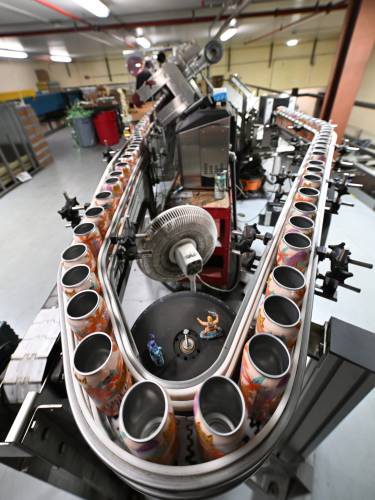
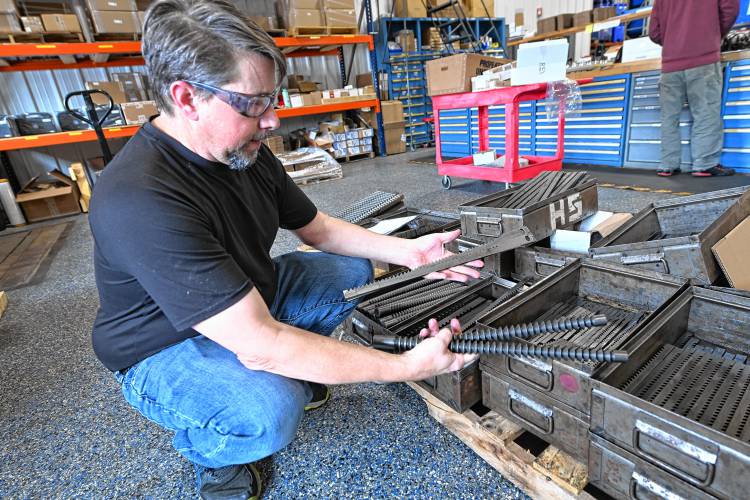
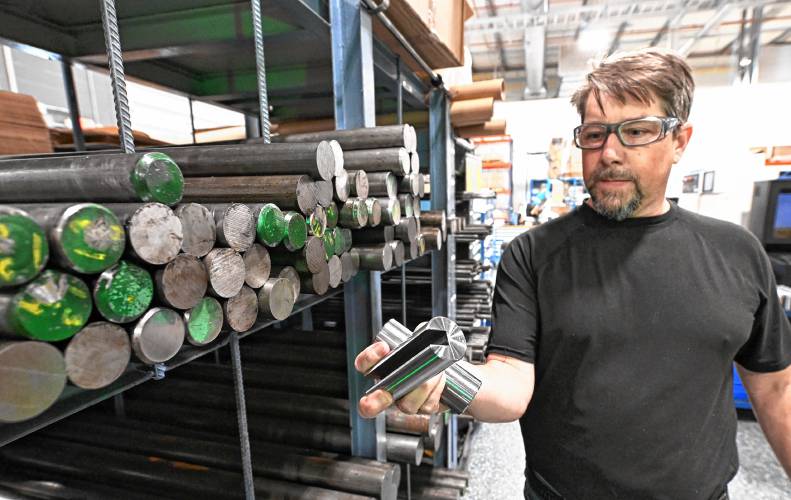
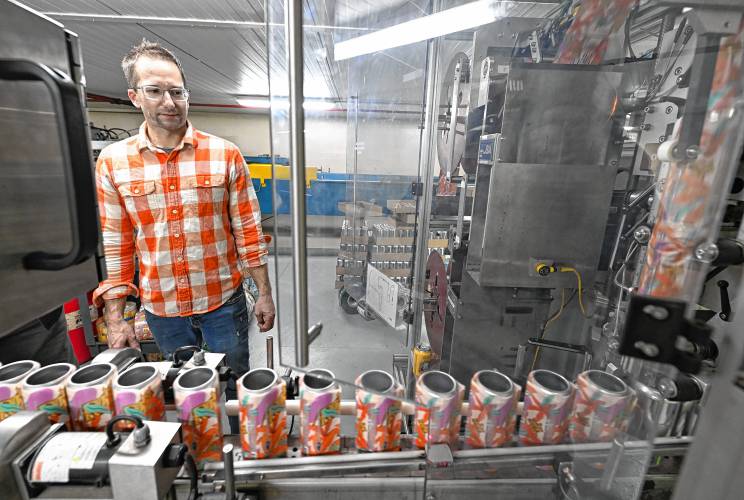
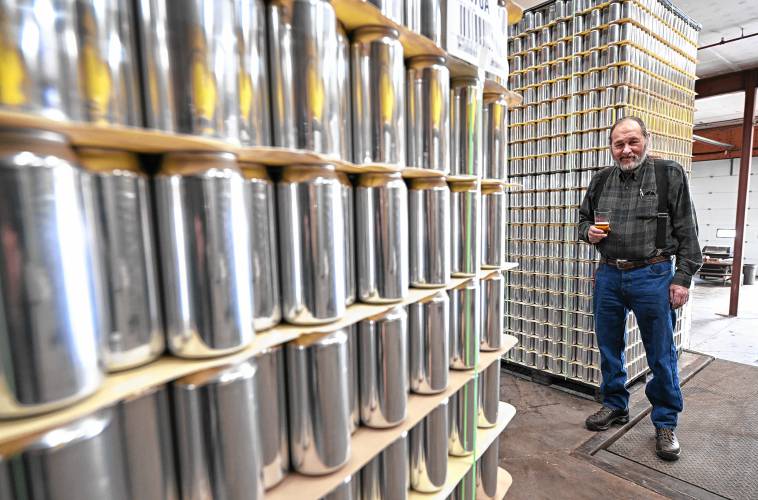
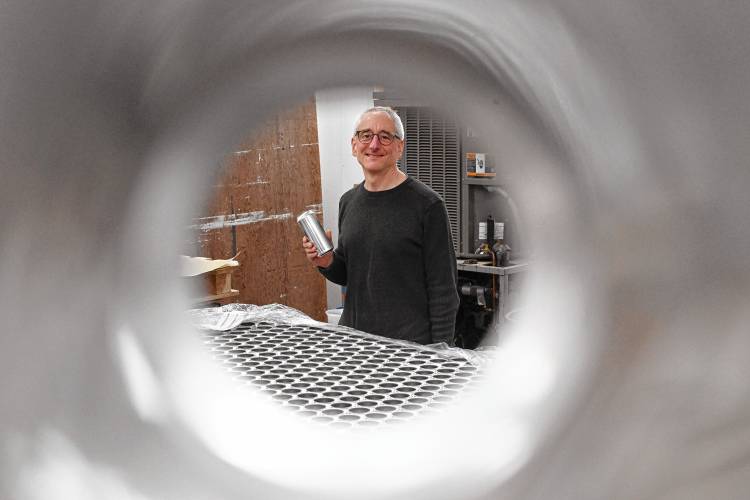
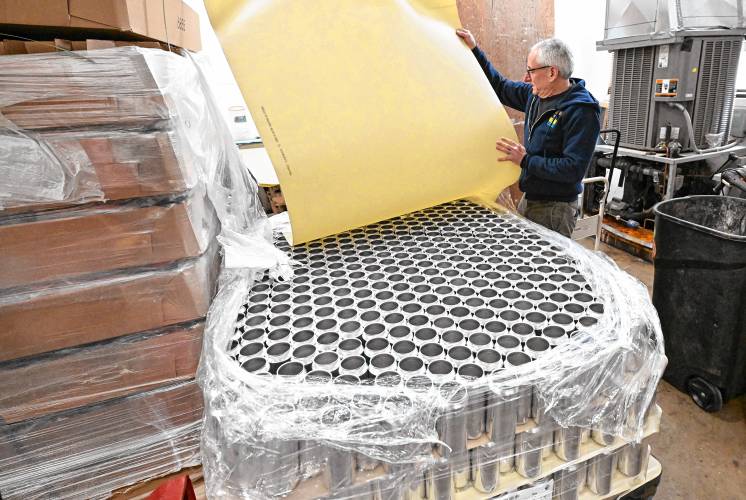





 Literacy Project celebrating 40 years of education
Literacy Project celebrating 40 years of education River Rat Race returns for 60th year on April 12
River Rat Race returns for 60th year on April 12 Backyard Oasis, connecting older adults with podcasts, celebrates 50 episodes
Backyard Oasis, connecting older adults with podcasts, celebrates 50 episodes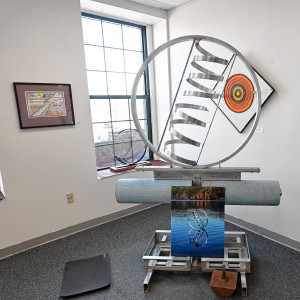 Stage on Main exhibit displays Athol resident’s work through the decades
Stage on Main exhibit displays Athol resident’s work through the decades
